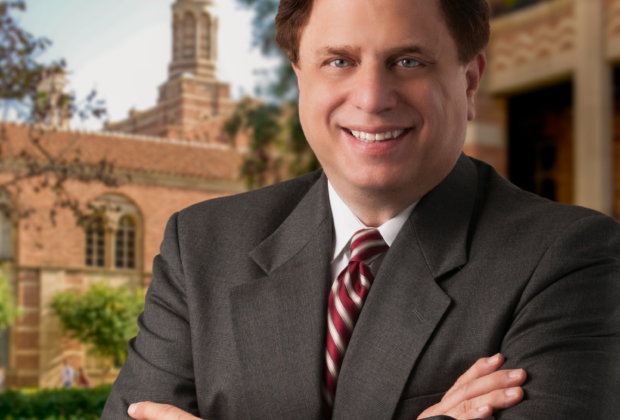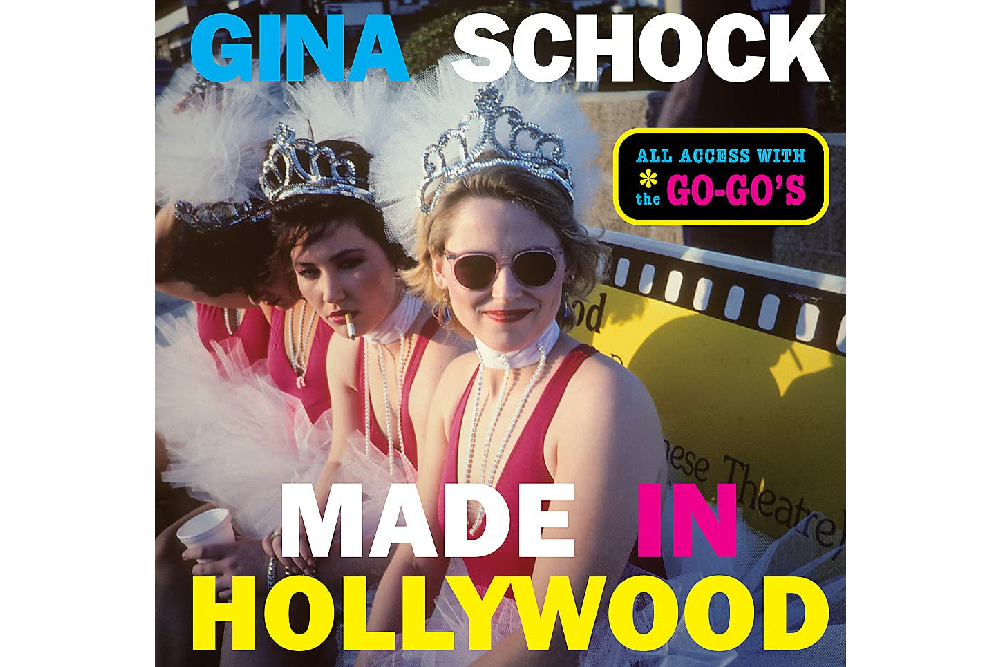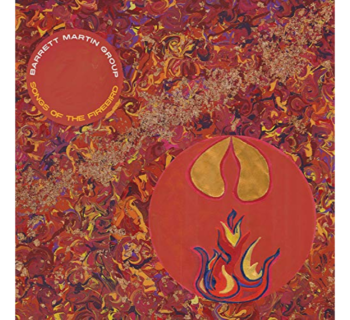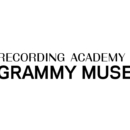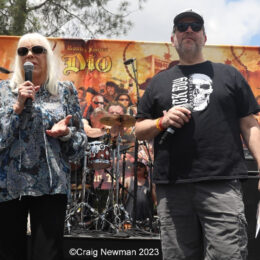In my law practice I am often contacted by songwriters who believe their original work has been stolen. This article discusses some basics of copyright law and the steps songwriters can take to protect their music.
• Do your due diligence: You should research the people you work with in the music business as far as their background and experience as well as their reputation for honesty and integrity. Even if you do everything right to protect your work, a dishonest person may still try and steal it.
• Register your songs with the copyright office: It is simple and inexpensive to register you work with the US copyright office. Go to copyright.gov for forms and instructions. The fee to register one work is $35. The copyright office requires you to pay the fee before actually uploading the files for your songs.
It is important that you understand the basics of copyright law. Copyright is a type of protection under federal law granted authors of “Original works of authorship that are fixed in a tangible medium of expression.” Sound recordings are copyrightable under The Copyright Act (17 U.S. Section 102). An original work must have some “minimal degree of creativity” to qualify as original. It should be noted that a minimal degree of expression does not mean it has to be a good or great song. The bar is low.
It is true that you have a copyright automatically when you create something original. But if you copyright your original song with the copyright office you get some additional protections:
a. The right to file a copyright infringement action.
b. If you register your copyright before the infringement you can recover your attorney fees and costs as well as statutory damages where the court awards a monetary amount even if profits or damages cannot be proven.
Sending a sealed letter to yourself with your original music (the so-called “Poor Man’s Copyright”) does not offer the same protections as copyright registration.
• Complete Song Split Sheet: As soon as possible, fill out a song split sheet form and get it signed to confirm how much of the song each songwriter wrote, as well as other information about all songwriters and publishers. You can find forms online.
• Register with a PRO: When music is performed publicly, users are required to pay for the use. A Performing Rights Organization (“PRO”) is a company that protects songwriters and publishers by making sure they are paid for the use of their music. The PRO’s collect the payments (so-called performance royalties) and distribute them to the songwriters and publishers. So when your music is played on the radio (streaming, satellite, AM/FM), TV, concerts, restaurants, in a bar, elevator, or club, etc., you get paid. The main PRO’s are ASCAP, BMI and SESAC. As far as which PRO to sign up with, opinions vary. I suggest talking to friends and experienced people in the music biz to get a recommendation.
In sum, protect your songs to avoid problems in the future.

